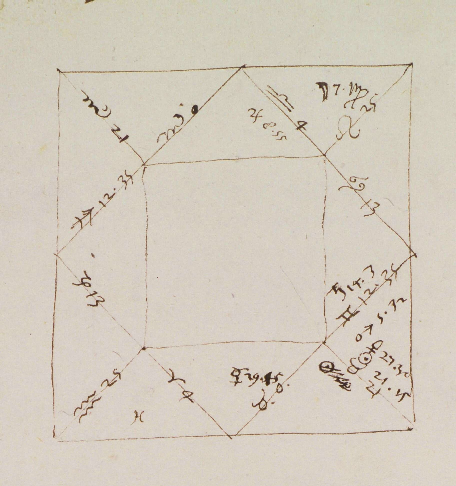Category: James Hillman
-

Planetarity: On Human Futures
Had the pleasure of dialoguing with my good friends Adam Robbert and Jesse Estrin once again (prior session from May 2018). Inspired in part by this Palladium interview with Benjamin Bratton.
-

“Astrology: Science, Art, or Religion?”
Here’s the recording of a lecture that Becca Tarnas and I delivered last night for the Atlanta Astrological Society. Here are some relevant links if you want a more in depth discussion on some of what I mention in this lecture: The Politics of Renaissance Hermeticism, and the Magic of Science The Copernican Odyssey: From…
-

Archetypal Panpsychism: Whitehead, Jung, & Hillman
If you happen to live near Boise, Becca and I will travel there in January to give a weekend workshop for the Idaho Friends of Jung. January 20-21, 2017 Archetypal Panpsychism: Whitehead, Jung, and Hillman A presentation by Matthew D. Segall, PhD, & Becca Tarnas, ABD Friday Lecture, 7:00 – 9:00 PM; Saturday Workshop, 10:00 AM –…
-
No Newton of the Grass Blade: On the impossibility of scientific genius in Kant’s “Critique of Judgment”
In preparation for a lecture on mind and nature in German Idealism, I’m working my way through Kant’s third of three critiques, the Critique of the Power of Judgment (1790). Prior to this sitting, I’ve only ever spent time with small sections of this text. For example, sections 75 and 76 in the second part…
-
Unnecessary Mechanism: A Reply to R. Scott Bakker
“The machinery of the brain does all the work–after all, what else is there? What [Cain] calls ‘thinking of science in normative terms’ is a mechanistic enterprise, something our brains do. Since metacognition is all but blind to the mechanistic nature of the brain, it cognizes cognition otherwise, in nonmechanical, acausal, magical terms. Normative judgements, intentional relations, and so…
-
Responding to Michael about Root Images in the Philosophy of Nature
Several months ago, Michael (who blogs at Archive Fire and contributes to synthetic_zero) posted a comment on a post of mine about philosophical vitalism. I’m just now getting around to responding to what for me were really helpful questions as I try to further flesh out my thoughts on etheric imagination. Michael writes: I like…
-
Deleuze’s Platonism and Cosmic Artisanry
I recently picked up Joshua Ramey’s The Hermetic Deleuze again after having had to temporarily shelve it back in August due to other research obligations. Having all but completed my comprehensive exam on Whitehead, I’m turning now to focus on a paper on Deleuze for a process philosophy seminar. Having tried (admittedly not very hard)…
-
More Reflections on James Hillman’s Archetypal Psychology
Building on what was said here last week: James Hillman’s psychology, above all else, aims to remind the modern Western psyche of its roots in the Renaissance. To illustrate his methods, he dwells upon the lives of Renaissance figures like Petrarch, “the first modern man…perhaps…the first psychological man.”1 Most cultural historians focus on Petrarch’s ascent…
-
Religious Dialogue as Soul-Making: A Prayer to Buddha and Christ
Why Religious Dialogue? Interreligious dialogue is not a distant possibility but a present necessity. This essay is a response to this need, but it is written also as an intrareligious dialogue. This is because the conditioned nature of my own personality, having been historically shaped into what it is by my unique imaginal participation in…
-
Graham Harman’s Object-Oriented Ontology
I’ve just finished part one of Guerrilla Metaphysics: Phenomenology and the Carpentry of Things, Harman’s treatise on the relationship between the phenomenology of Husserl, Merleau-Ponty, and Lingis and his object-oriented approach to philosophy. He is motivated by a desire to direct our attention to the things themselves, the independently existing objects of the world. It…
-
Graham Harman and James Hillman
The following is an exchange between Adam Robbert and I about the parallels between the speculative realism of Graham Harman and the re-visioned archetypal psychology of James Hillman: Harman quoted by Adam (ellipses are used to increase continuity): “Amidst all the repetitious manifestoes and dry meta-descriptions of human consciousness, we also find the works of…
-
James Hillman on the folly of reducing mind to brain.
From The Soul’s Code by James Hillman, p. 150-154: The upshot of genetic studies leads in two (!) directions: a narrow path and a broad one. The narrow road heads toward simplistic, monogenic causes. It wants to pinpoint bits of tissue and correlate them with the vast complexity of psychic meanings. The folly of reducing…

